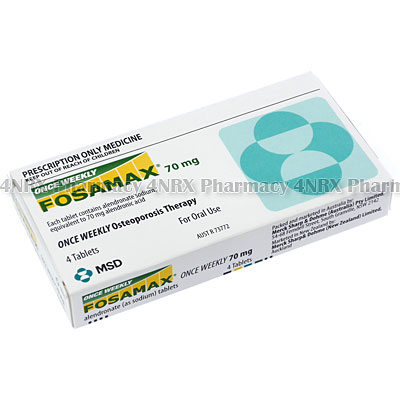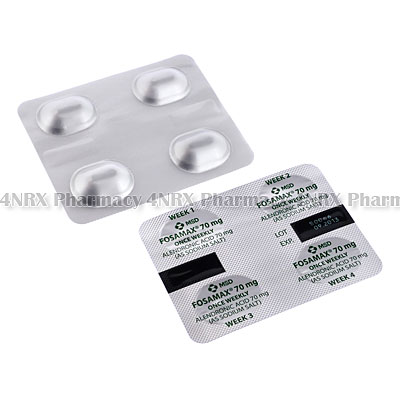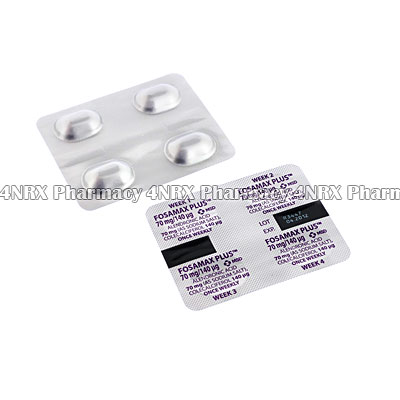 |
Home  Arthritis Arthritis  Fosamax (Alendronate Sodium) Fosamax (Alendronate Sodium) |
|
|||||||||
|
Fosamax (Alendronate Sodium)
What is Fosamax (Alendronate Sodium) used for? Fosamax (Alendronate Sodium) is used in the treatment and prevention of a condition known as osteoporosis, which causes the bones to become weak, thin, and prone to breakage. This drug is given to post menopausal women as well as men, and may also be given to patients who are taking corticosteroids, in order to prevent osteoporosis. It belongs to a class of drugs known as bisphosphonates, which work by helping to increase the thickness of the bones while also helping to prevent breakdown of the bones. Apart from these uses, it may also be given as treatment for a bone condition known as Paget's disease. How should I use Fosamax (Alendronate Sodium)? Fosamax (Alendronate Sodium) tablets are taken orally, once weekly unless told to do otherwise by your physician. Patients must consult their physician so as to discuss the most suitable time to dose, as well as for instructions on dosage. Patients are advised not to take any other medications that may have been prescribed to them, as well as vitamins, tea, coffee, mineral water and various other foods for at least 30 minutes after taking this drug. Be sure to discuss this with your physician. What are the side effects of Fosamax (Alendronate Sodium)? Some side effects which may occur as a result of taking Fosamax (Alendronate Sodium) include:
You should consult your physician if any of these side effects persist or worsen, or if any other more serious side effect occurs, such as pain in the chest or back, severe heartburn, coughing up blood, fever symptoms, severe muscle pain or pain in the thigh or hip. Please Note Strictly follow all instructions provided to you by your physician or pharmacist while using Fosamax (Alendronate Sodium). Optimum and safe dosage can differ based on the patient and the condition being treated. As this medication may be unsafe for certain patients, it is essential you always inform your physician if you are pregnant or breastfeeding, as well as if you have any allergies, other illnesses, or ongoing health conditions, and if you are taking any other form of medication, supplements, or herbal products. Immediately seek emergency medical care if you have any allergic or hypersensitive reaction. Common signs of a reaction include hives, swelling, skin rashes, chest pains, as well as trouble breathing or swallowing. 



|
|||||||||||||||||